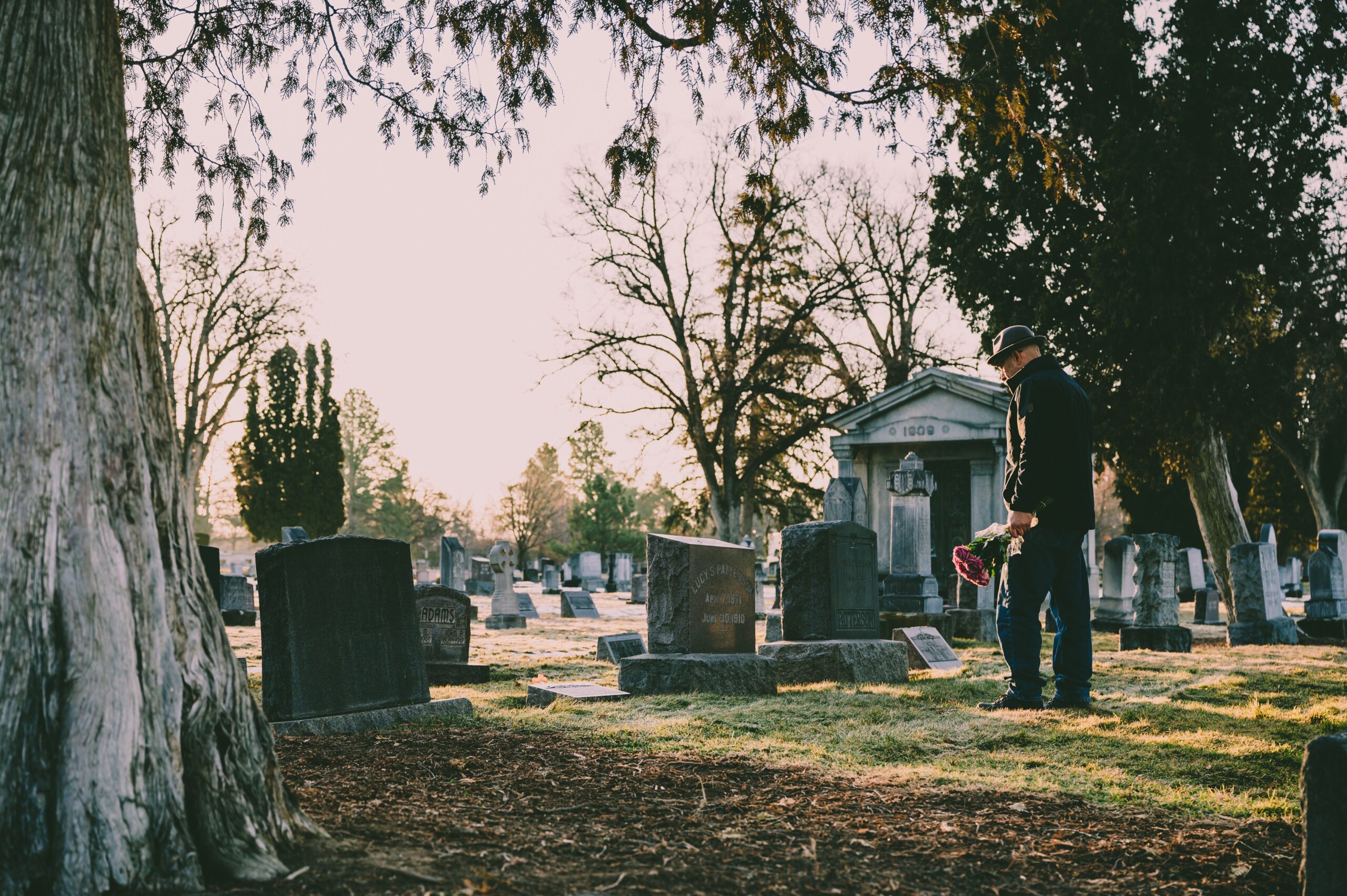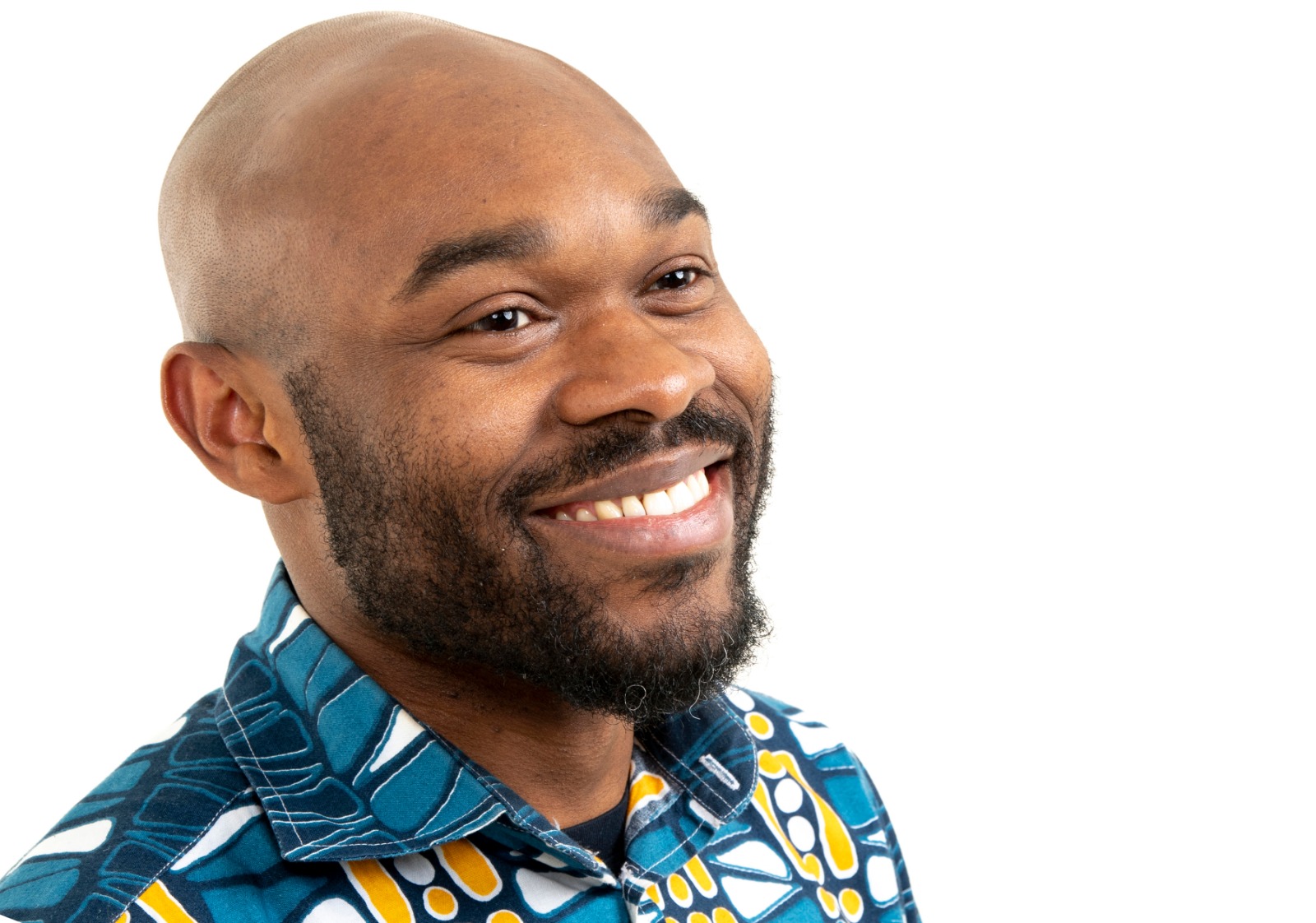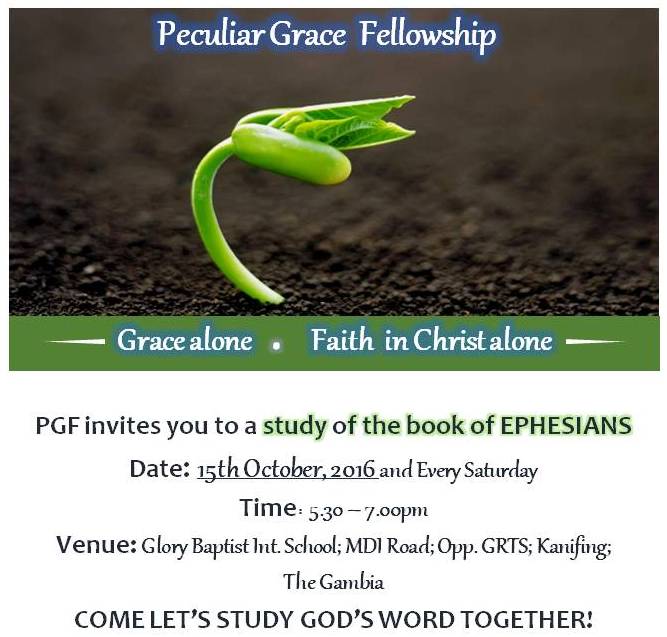
Edith (not her real name) had just lost her mum after a long battle with cancer. A few days before she died, we met with friends to pray for God’s intervention and healing. While conversing with Edith after the passing of her mother, she found herself unable to contain her deep frustrations and emotions, leading her to express her grievances towards God:
“Sometimes I don’t understand God. Why didn’t he listen to my prayers? Why must the righteous suffer? If he doesn’t listen to my prayers because I am a sinner, why doesn’t he listen to the prayers of those who serve him sincerely?”
I deeply empathize with Edith’s pain, as I have personally experienced a similar journey. It was nearly two decades ago when my father, a seasoned preacher, tragically lost his life in a devastating car accident. During that difficult time, I too grappled with profound questions that echoed through my mind: “Why did God permit such a tragic end for His faithful servant?“
Whatever the circumstances, losing loved ones can be heart-wrenching. It tends to leave a scar that only God’s grace can truly heal. While we pray for God’s grace in healing, it helps to know that God has not left us in the lurch to suffer in oblivion – Scripture provides profound insights and guidance to address the very questions Edith has raised, which, incidentally, resonate with countless individuals who, in various ways, find themselves confronted with suffering and loss.
In this article, I present a transcript of my conversation with Edith in a humble attempt to address her questions from the Scriptural point of view. I invite you to listen in on our conversation and let us explore this subject together, praying that the God of all comfort will use this meagre effort to comfort us in all our troubles, so that we can comfort those in any trouble with the comfort we ourselves receive from God (1 Corinthians 1:3-4).
Edith: Why didn’t he [God] listen to our prayers?
Response: God always answers prayer. Psalms 65:2 attests that all flesh come to him, primarily because he is the God who answers. However, answers to our prayers may be a “yes”, a “no”, or “wait” – all in God’s wise providence and sovereignty, and always for our good. Even our Lord Jesus Christ did not have all his prayers answered in the affirmative. In the garden of Eden, as he faced imminent death by crucifixion, he prayed that the cup of suffering would pass him by; but we know that on that occasion, his prayer was answered with a “no”, because he did not escape death on the cross. But can you imagine what would have happened if that petition had been granted? None of us would be saved today. It is instructive to note that our Lord added, “nevertheless, your will be done, not mine” after asking for the cup of suffering to pass him by. We do well to permanently adopt a similar posture in prayer because there are times when for some (good) reasons in God’s wisdom and sovereignty that are beyond our understanding, he chooses to answer “no” to our prayers.
But remember, he always does this for our good and out of His infinite wisdom and love, as Romans 8:28 affirms.
I know you (and mum) prayed to God in the first place because you believed he answers prayers. For the same reason, we also prayed with the other brethren that crucial Thursday evening. Nevertheless, we must always pray to God with a heart ready to submit to his will, no matter the outcome. So, whether “yes” or “no”, we trust that God knows best. God transcends the confines of time, standing beyond its limitations, and therefore, nothing catches Him off-guard. He is, as the Apostle Peter put it, the Author of Life (Acts 3:15). That’s why we pray to him in the first place.
Edith: I believe In God’s healing capabilities because he once healed me when I was down with a stroke. So, I felt strongly that he could heal my mom, also. Why didn’t he?
Response: Remember Spurgeon’s commentary on John 17:24 we discussed the other day? There are times when our prayers are at variance with that of our Lord. He, in His infinite wisdom, longs for His beloved children to join Him in the heavenly realm, away from the sufferings of this present world. That is the heartbeat of all his children: We long to leave this sinful and broken world and be with him in heaven, where there is fullness of joy and at his right hand, where there are pleasures for evermore! (Psalms 16:11). Truly, He is altogether lovely.
Edith: I just wanted another testimony; another miracle. Why didn’t he come through this time also?
Response: Your faith in God’s ability to replicate His past healing of your stroke demonstrates your trust in His consistent nature. If He accomplished it once, He can do it again. Malachi 3:6 assures us that God remains unchanged, protecting us from being consumed, and Hebrews 13:8 echoes this truth.
So, if God could heal mum, and He didn’t, you must trust that He must have a good reason. He never makes mistakes, and there’s nothing he cannot do. Now, let me ask you a question. Suppose we had an opportunity to ask Mom to come down from heaven, where she is right now, to Earth and back to life so that she can spend some more time with you; what do you think will be her response?
Edith: I wouldn’t even want her to return because she suffered tremendously. Mom couldn’t sleep for even a second for a whole month; she experienced severe pain non-stop. This is what hurts me. Why will God allow this to happen to someone who loves him so much?
Response: I also believe she would refuse to come back to Earth if she had the chance! Finally, her faith has turned to sight: She is now in the presence of her Father, where there is fullness of joy. Nothing here on Earth comes close to what awaits us in heaven. Paul said in Romans 8:18. “For I consider that the sufferings of this present time are not worth comparing with the glory that is to be revealed to us.”
Agreed! Cancer is excruciating, terrible suffering. It is dreadful, I know. I can only imagine what mum went through. But in response to your question of why God allowed it, let’s backtrack a little and ask, why did God allow His Son to die the most painful and shameful death on the cross? Why didn’t he stop it? Indeed, he could have. So why didn’t he? Why did Jesus have to suffer the way he did, although he was innocent, perfect and had never sinned?
I believe God allows his people to suffer in this world for many reasons, all of which he uses to accomplish his good purpose, and he overrules all of it for our good. For one, suffering reminds us that this world is not our home (2 Corinthians 5:8; Hebrews 13:14; John 15:19; John 16:33; Romans 8:23). Bodily suffering reminds us that we live in a broken, sinful world, and our time here is temporal, but as the Scripture says, while the outer man perishes (or wears away), the inner man is being renewed daily (2 Corinthians 4:16-18). Guess what? A time is coming when we will be given new bodies that will never grow old or die or experience cancer. We will have a body like Jesus’ after his resurrection.
First John 3:2 says when we see God at his second coming, we shall be like him. Staggering, isn’t it? Paul says in a moment, in a twinkling of an eye, we shall be changed and clothed with immortal bodies that are far superior than what we have now (1 Corinthians 15:51)
What if mom lived a healthy life until the age of 100? What then? Could she live forever? This body is only temporary, and there is a glorious future awaiting us: our immortal bodies, which God will graciously clothe us with in due time, bringing an end to mortality. This blessed hope assures us that the best is yet to come (2 Corinthians 5:1)
Edith: I believe God called my mom to have rest from her suffering. I pray for strength to go through these challenging times.
Response: I wholeheartedly share your belief. Returning to the question of why the righteous endure suffering, it is crucial to understand that God may sovereignly ordain us to pass through seasons of intense affliction, recognizing that we are not capable of bearing the entire weight on our own. In these moments, our profound need for Him is unveiled. It is during such times that we are called to seek Him with even greater fervour, running to His loving embrace for solace, strength, and guidance.
Take mom as an example. Although she suffered greatly through cancer, what did cancer gain by taking her life? Cancer and Satan lost because now, she is in a far better place, where the streets are made of gold, and the sun never sets! Revelations 21:23 says Jesus is the light of the heavenly Jerusalem, and there will be no need for the sun’s light. That is where moth and rust do not corrupt, and thieves cannot break in to steal our treasure! There, we will study war no more (Isaiah 2:4 & Micah 4:3), and all our tears will be wiped away, and there will be no more sorrow (Revelations 21:4)!
Isaiah says that death is beneficial to the righteous, in that they are taken away from trouble: this is very true of mom. She has found rest from her labours, and her good works follow her (Isaiah 57:1-2).Mom is resting in the bosom of her Maker. She has been spared from the sufferings of this broken world! Hallelujah!
The truth is, for Christians, sickness and death only draw us closer to our Lord and the lover of our souls. Death, to us, is a benefit! But what of unbelievers? If an unbeliever dies of cancer, where do they go? Hell, sadly. Even though it may seem cruel, but it is just. If faced with the heart-breaking reality of cancer, and given the choice between a Christian and an unbeliever, it becomes evident that the Christian is better equipped to navigate the challenges that accompany the disease, even if it ultimately claims their lives. The Apostle Paul states, “For to me to live is Christ, and to die is gain” (Philippians 1:21).
So, in God’s good providence, it might be better for a believer to suffer cancer than an unbeliever so that the unbeliever might live, repent, and be saved, rather than die and go to hell. As the prophet Ezekiel says, God does not delight in the death of a sinner (Ezekiel 33:11).
Moreover, when observing the suffering of unbelievers, one cannot help but recognize the profound lack of hope they experience. Their despair is palpable, making them the most pitiable and wretched of all. And because they have no hope, they don’t handle death very well. Death, for them, is a dreadful exit to hell and eternal suffering. I saw my dad when he was in the morgue. He died in a terrible accident, his body was mangled, yet he had a smile on his face! Why is that?
Praise God! I am certain that he must have broken into ecstasy when he saw His Lord, who was ready to welcome him home to heaven. I reckon that the sound of the angelic choir singing in jubilation at his entrance into heaven and the anticipation of an eternity spent in His Saviour’s presence must have filled him with indescribable joy, even as his earthly tent was being broken in anguish! Thus, he was smiling even in death.
Mom is not lost. She lives. She is in her Saviour’s bosom, and we will soon see her again. You will be reunited with her again, never to part anymore, as I also will be reunited with my dad. I look forward to that day! So, we mourn with hope. Yes, we are grieved that our loved ones are not with us anymore, yet, we rejoice that they are in a better place. And we are happy for them that they have left this terrible broken place behind.
Let me leave you with Paul’s words of comfort to the Thessalonians, who had similar questions. Note that ‘asleep’ here refers to those who have died (in the Lord), the same terminology Isaiah 57 uses.
But we do not want you to be uninformed, brothers, about those who are asleep, that you may not grieve as others do who have no hope. For since we believe that Jesus died and rose again, even so, through Jesus, God will bring with him those who have fallen asleep. For this we declare to you by a word from the Lord, that we who are alive, who are left until the coming of the Lord, will not precede those who have fallen asleep. For the Lord himself will descend from heaven with a cry of command, with the voice of an archangel, and with the sound of the trumpet of God. And the dead in Christ will rise first. Then we who are alive, who are left, will be caught up together with them in the clouds to meet the Lord in the air, and so we will always be with the Lord. – 1 Thessalonians 4:13-18, ESV.


